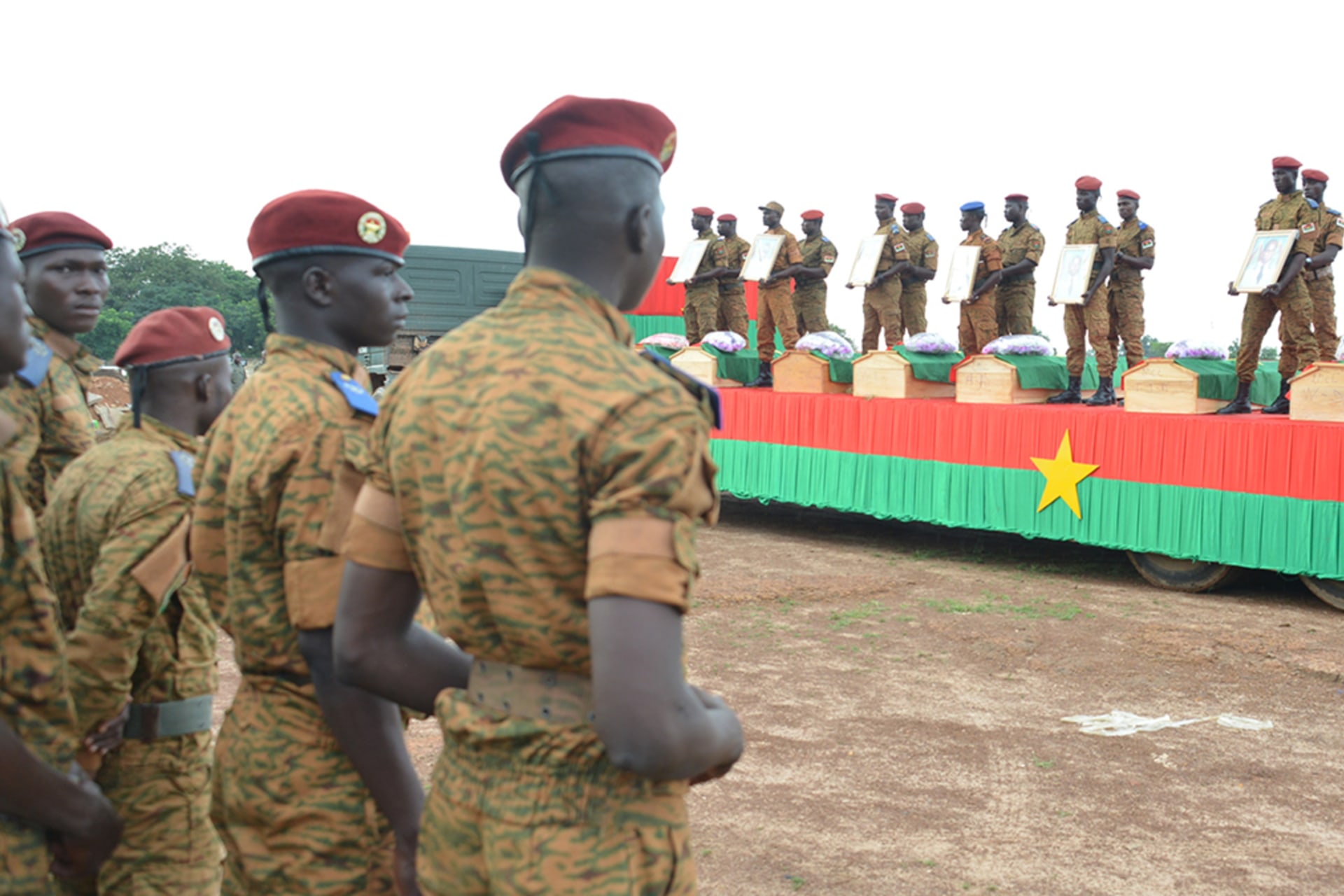Islamist Violence in Burkina Faso Following Familiar Pattern

By experts and staff
- Published
By
- John CampbellRalph Bunche Senior Fellow for Africa Policy Studies
Islamist terrorist groups in northeast Burkina Faso are following a strategy of violence reminiscent in some ways of Boko Haram’s early days in Nigeria. The groups are attacking Protestant and Catholic churches, killing pastors, priests, and congregants, and also teachers in secular schools. In a May 12 attack on the town of Dablo in northern Burkina Faso, “gunmen” killed a Catholic priest and five congregants, burned the church and places serving alcohol, and looted other commercial establishments. The attackers numbered about twenty. On May 10, apparently in a separate incident, militants killed five teachers.
Similarities to Boko Haram include targeting Christians and teachers in secular schools. The theological basis of both appears to be a similar, extremist variant of Salafist Islamic now thought to be associated with the Islamic State. Based on that theology is a similar hostility to all things western and secular. Like in Nigeria’s northeast, government authority in northern Burkina Faso has been weak following the 2014 ouster of long-time strongman Blaise Compaore. But unlike Boko Haram, the terrorists in Burkina Faso do not appear to have a charismatic leader with a media presence like Boko Haram’s Abubakar Shekau. Furthermore, Burkina Faso has in France a close ally that is prepared to intervene when needed, as it recently did to rescue four hostages.
The extent and nature of the groups’ ties in both countries to outside terror networks in not completely clear. Boko Haram appears to be largely indigenous, with little or no tactical and strategic coordination with the Islamic State or al-Qaeda in the Islamic Maghreb (AQIM), despite similar rhetoric and apparent communication. Though in Burkina Faso there appear to be links with Islamist groups in Mali, details are sparse.